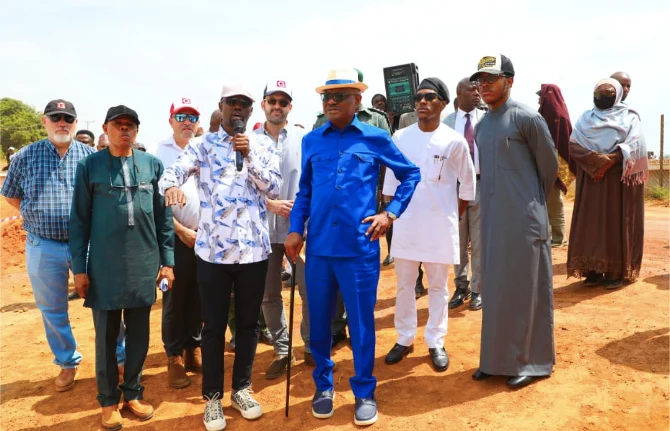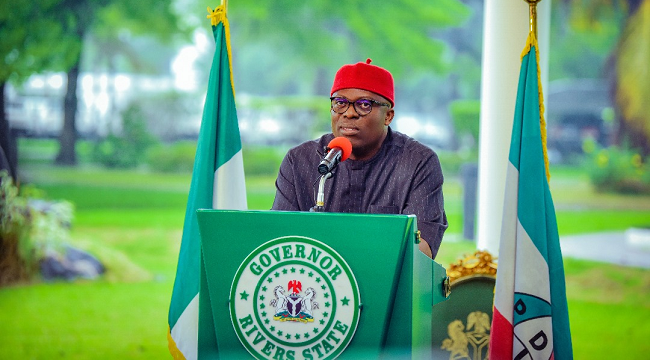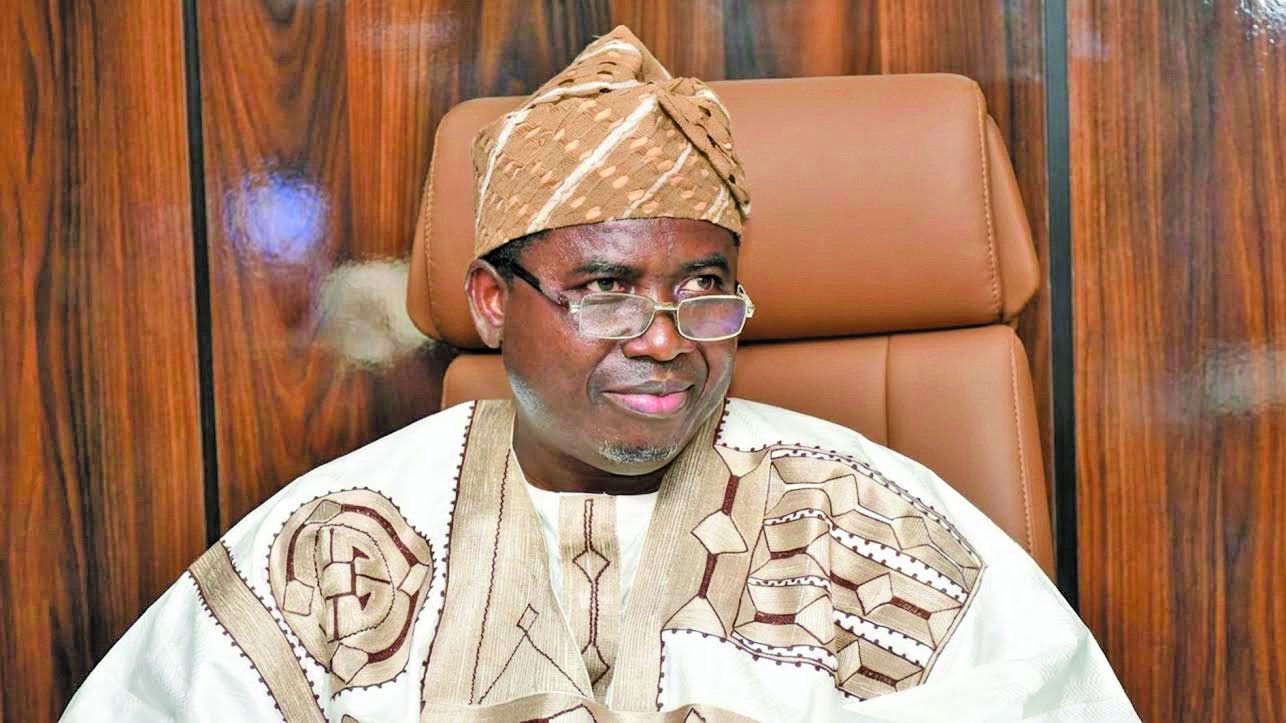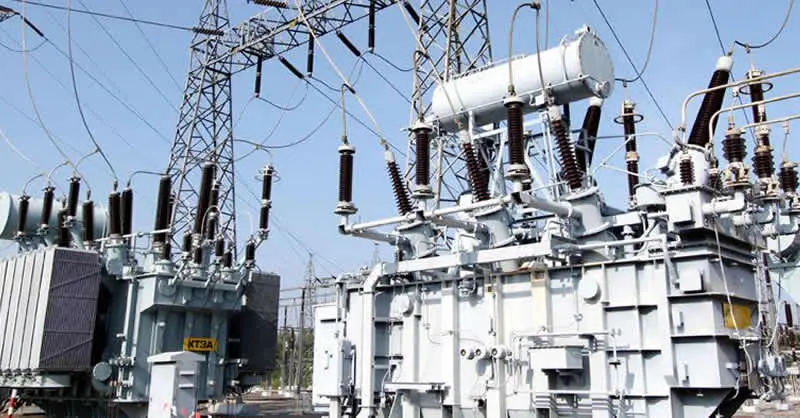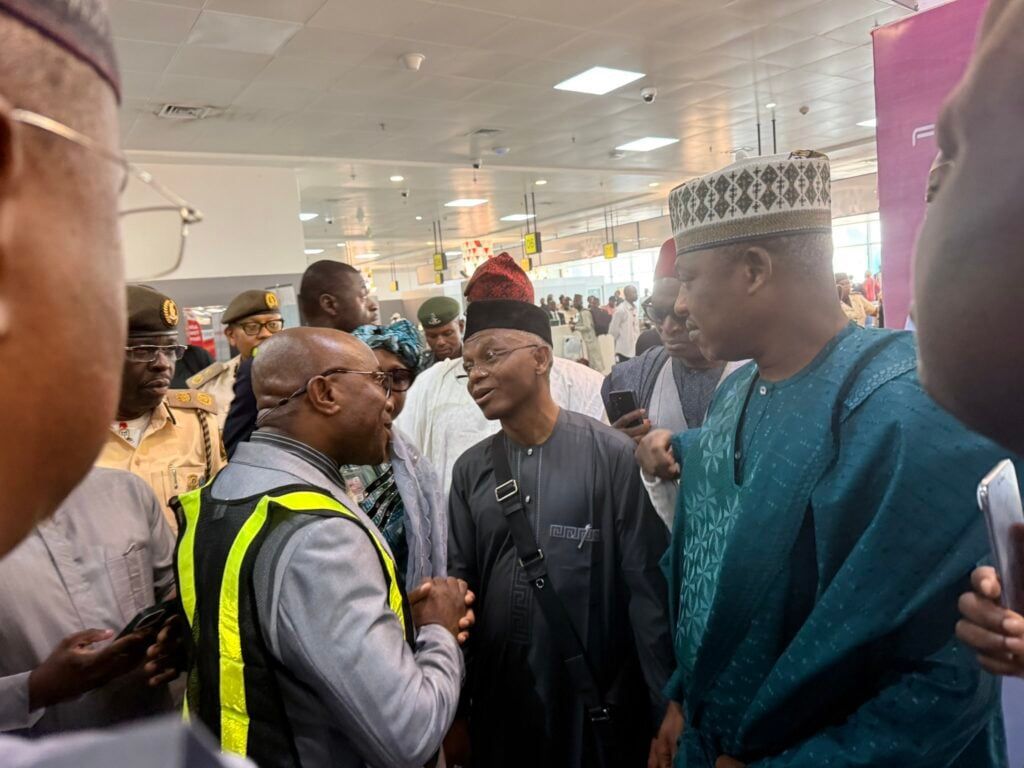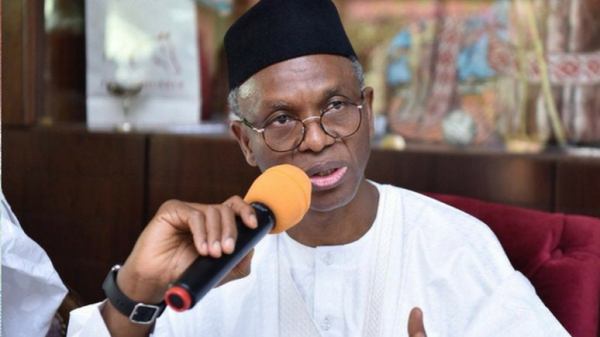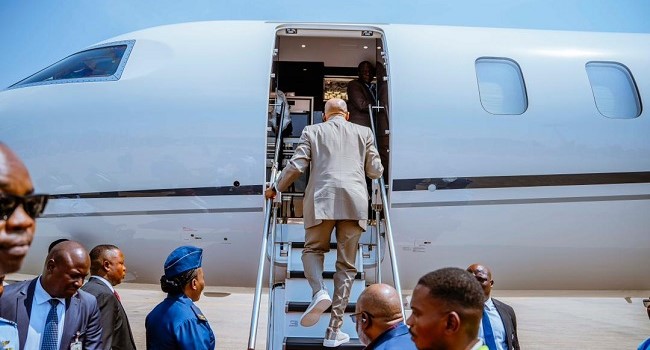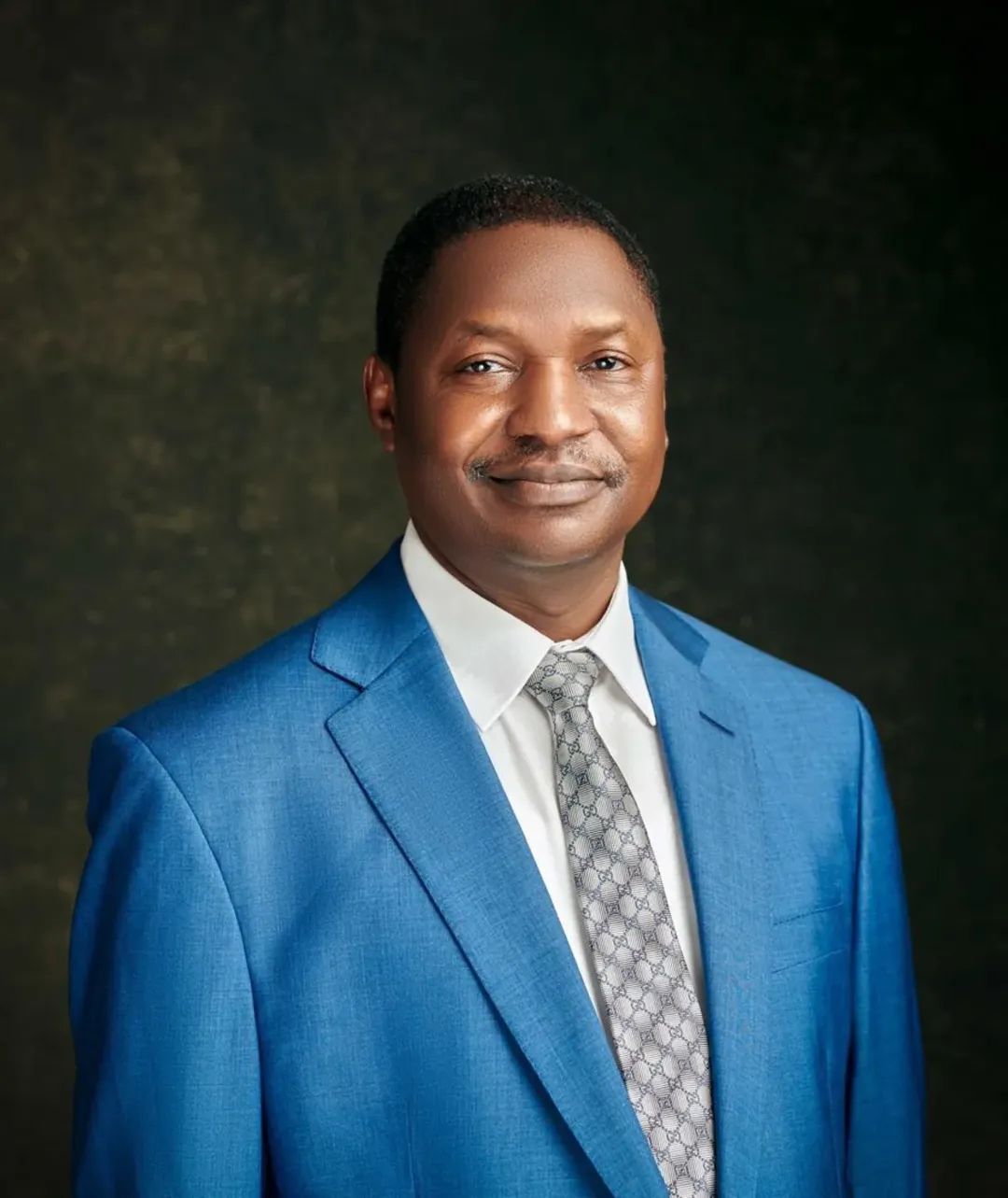News
FG to raise ₦150 Bn for vaccine procurement, health reforms
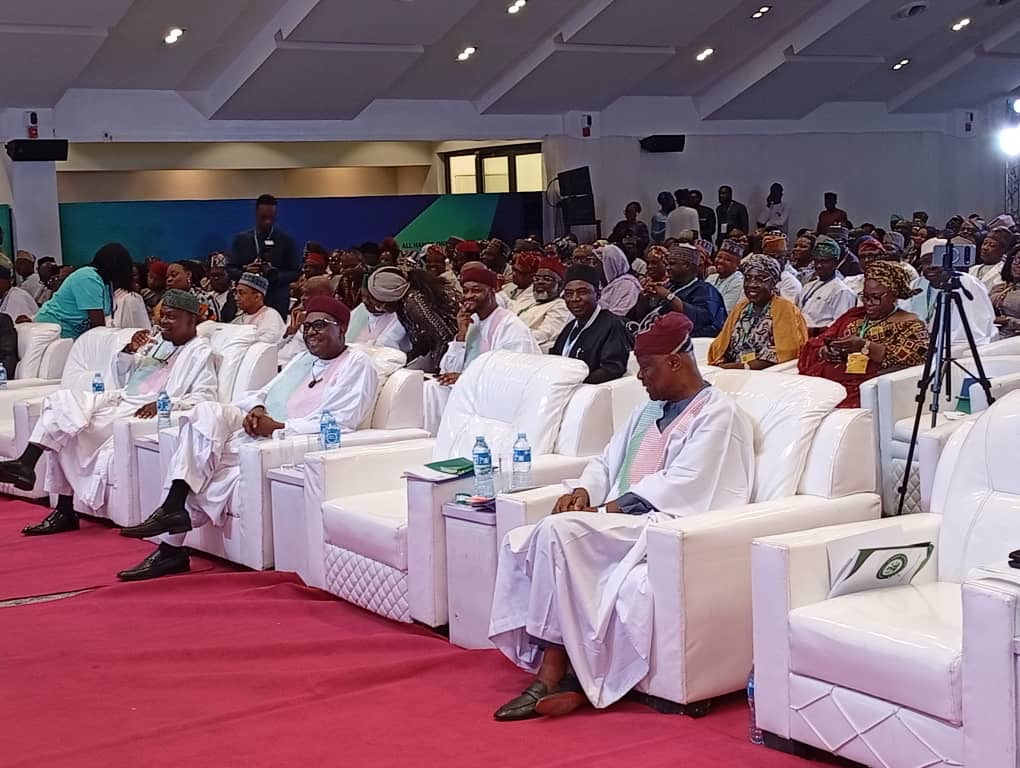
The Federal Government has unveiled plans to raise ₦150 billion over the next two years to fund vaccine procurement and epidemic preparedness, as part of ongoing reforms to strengthen Nigeria’s health system under President Bola Ahmed Tinubu’s Renewed Hope Agenda.
The Coordinating Minister of the Economy and Minister of Finance, Mr. Wale Edun, made this known in Abuja during the 2025 Joint Annual Health Sector Review themed “All Hands, One Mission.”
Edun explained that the initiative aligns with broader fiscal reforms designed to stabilize the economy, expand Nigeria’s revenue base, and increase investments in key social sectors such as health and education.
According to him, the federal health budget has grown by nearly 60 percent, while allocations to the Basic Health Care Provision Fund (BHCPF) will rise from ₦131.5 billion in 2024 to ₦299 billion in 2026.
Progress in Health Outcomes
The Coordinating Minister of Health and Social Welfare, Professor Muhammad Ali Pate, stated that the government’s reforms were already yielding measurable progress. He reported a 17 percent decline in maternal deaths, a 12 percent drop in newborn deaths, and the recruitment of over 15,000 new health workers across the country.
“All 36 states and the FCT now have operational health plans aligned with national priorities,” Pate said. “Citizen trust is improving, with 55 percent of Nigerians expressing confidence in the ongoing reforms.”
Pate also highlighted plans to expand local vaccine production, strengthen health insurance coverage, and promote transparency through digital monitoring systems and health-related taxes on sugary drinks.
Fiscal Reforms and Revenue Growth
Minister of Budget and National Planning, Senator Atiku Bagudu, emphasized that Nigeria’s low revenue-to-GDP ratio, which has remained below 8 percent since 2007, remains a major constraint to economic growth.
He said President Tinubu had directed economic managers to raise the ratio to 18 percent by 2026 through comprehensive tax and fiscal reforms.
“We are mobilizing revenue strategically to fund national priorities, particularly health,” Bagudu noted, adding that all 8,809 wards across 774 local governments are being integrated into a unified planning framework under a World Bank-supported initiative.
Strengthening the Health Sector
Minister of State for Health, Dr. Iziak Salako, revealed that the implementation of the Nigerian Health Sector Renewal Investment Initiative could save the economy up to ₦4.8 trillion annually from preventable diseases and reduce ₦850 billion lost to medical tourism.
He disclosed that over 500 new high-impact health projects, 13 tertiary hospitals, and six cancer centres of excellence are currently under development nationwide.
Chairman of the Nigeria Governors’ Forum and Kwara State Governor, Mallam AbdulRahman AbdulRazaq, called for deeper federal-state collaboration and accountability to strengthen Nigeria’s health system.
Represented at the event, AbdulRazaq praised the Ministry of Health under Professor Pate for fostering transparency and shared responsibility through the Basic Health Care Provision Fund, which has disbursed ₦32.9 billion to states.
“Our mission is simple — to save lives, restore trust, and deliver hope. Achieving universal health coverage requires all hands—federal, state, and local—working together,” he said.
The event concluded with the expansion of the Health Sector Renewal Compact, first signed in 2023, to include local governments, traditional rulers, the private sector, and civil society, reinforcing the theme of a unified national mission for health reform.
-
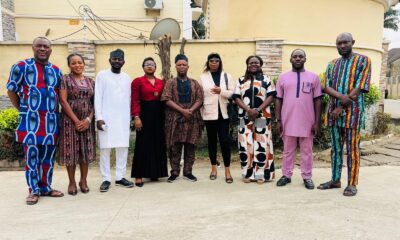
 NUJ FCT2 days ago
NUJ FCT2 days agoNUJ FCT partners Centre LSD on capacity building, mentorship
-
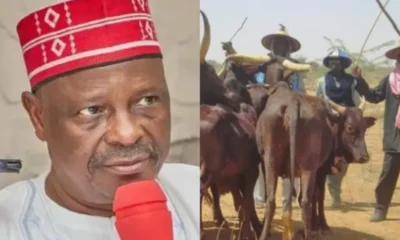
 News2 days ago
News2 days agoUS Lawmakers introduce Bill seeking sanctions against Kwankwaso, Miyetti Allah over alleged religious freedom violations
-
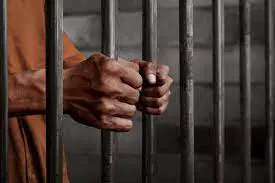
 News2 days ago
News2 days agoTurkish Court jails prominent TV Talent Manager over attempts to overthrow government
-

 News2 days ago
News2 days agoPort Harcourt Ring Road project: Julius Berger delights Gov. Fubara
-

 News2 days ago
News2 days agoNSITF dismisses allegations against MD, says claims are false, malicious
-
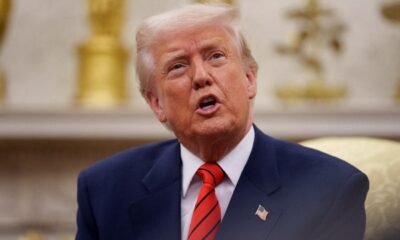
 World News2 days ago
World News2 days agoTrump hosts Netanyahu as Iran, Gaza top White House talks
-
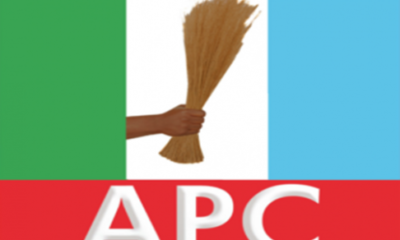
 News2 days ago
News2 days agoAPC Congresses: Ex-APC NWC member warns Yilwatda against handing party structures to Governors
-
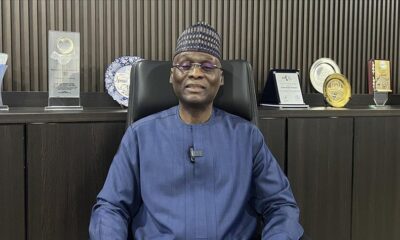
 National News2 days ago
National News2 days agoBREAKING: Tinubu appoints Ambassador Ismail Abba Yusuf as NAHCON Chairman

